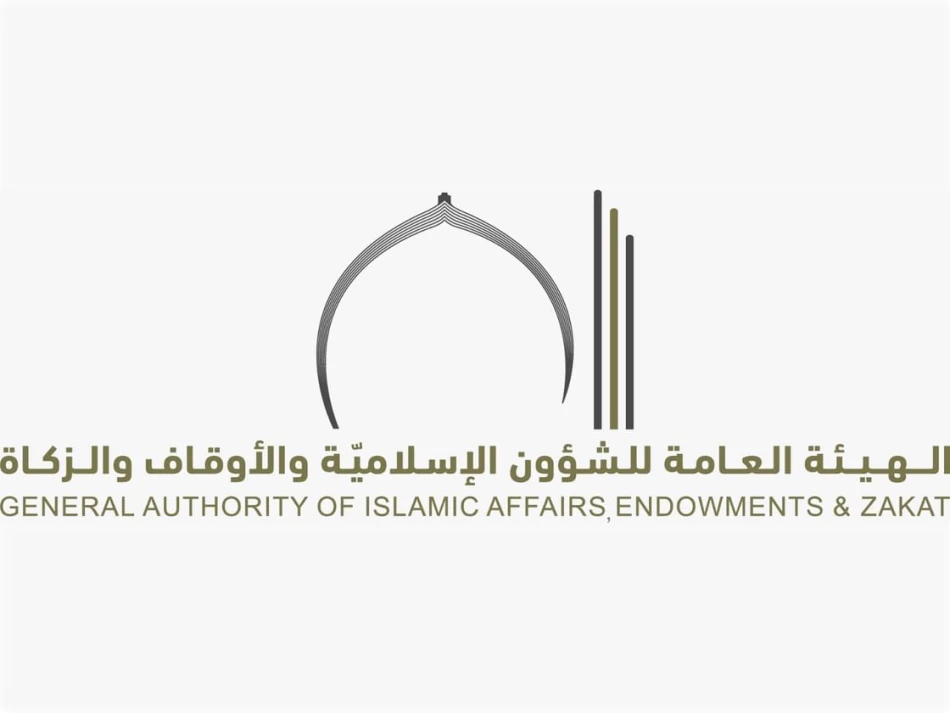
Islamic Affairs Ministry Calls for Eclipse Prayer Tomorrow
UAE Calls for Eclipse Prayer as Lunar Event Marks Return to Traditional Islamic Observances
The UAE's General Authority of Islamic Affairs and Endowments has called on residents to perform the traditional eclipse prayer on Sunday evening, September 7, as a partial lunar eclipse becomes visible across the Emirates. The announcement reflects the country's continued emphasis on preserving Islamic traditions while maintaining its position as a modern, cosmopolitan hub.
Eclipse Timeline and Religious Significance
According to the International Astronomy Center, the lunar eclipse will begin at 8:27 PM local time, reach its peak at 10:12 PM, and conclude at 11:57 PM. The UAE Fatwa Council has clarified that the eclipse prayer is recommended for all Muslims—both men and women—regardless of whether the eclipse is partial or total.
This religious observance follows the Sunnah (tradition) of Prophet Muhammad, who established the practice of special prayers during cosmic phenomena. The ritual serves both as a spiritual exercise and a moment of communal reflection during celestial events.
Balancing Tradition with Modernity
The official call for eclipse prayers underscores the UAE's approach to maintaining Islamic identity while pursuing rapid modernization. Unlike some Gulf states that have moved away from traditional practices in favor of secular governance, the Emirates continues to integrate religious observances into public life.
Cultural Continuity in a Changing Region
This announcement comes at a time when Middle Eastern societies are grappling with the balance between tradition and progress. The UAE's decision to formally encourage religious participation in astronomical events demonstrates how the country seeks to preserve cultural heritage without hindering its economic diversification efforts.
The practice also reflects broader regional trends where Gulf states are emphasizing their Islamic credentials while competing for international investment and tourism. Saudi Arabia, for instance, has similarly maintained traditional religious observances even as it pursues Vision 2030 reforms.
Scientific and Spiritual Convergence
The coordination between the International Astronomy Center's scientific predictions and the religious authority's spiritual guidance represents a notable synthesis of modern astronomical knowledge with traditional Islamic practices. This approach mirrors similar efforts across the Muslim world to reconcile scientific advancement with religious observance.
The eclipse prayer tradition dates back over 1,400 years, originally serving both spiritual and practical purposes when astronomical knowledge was limited. Today, while the scientific understanding of eclipses is complete, the spiritual dimension remains significant for many Muslims globally.
Implications for Social Cohesion
By encouraging widespread participation in eclipse prayers, UAE authorities are likely seeking to strengthen social bonds across the country's diverse population. With expatriates comprising roughly 85% of residents, such religious observances can serve as unifying cultural experiences that transcend nationality while respecting the Emirates' Islamic foundation.
The timing also coincides with the UAE's ongoing efforts to position itself as a leader in the Islamic world, competing with traditional centers of Islamic scholarship in Egypt and Saudi Arabia for religious and cultural influence across the broader Muslim community.
Most Viewed News

 Sara Khaled
Sara Khaled






